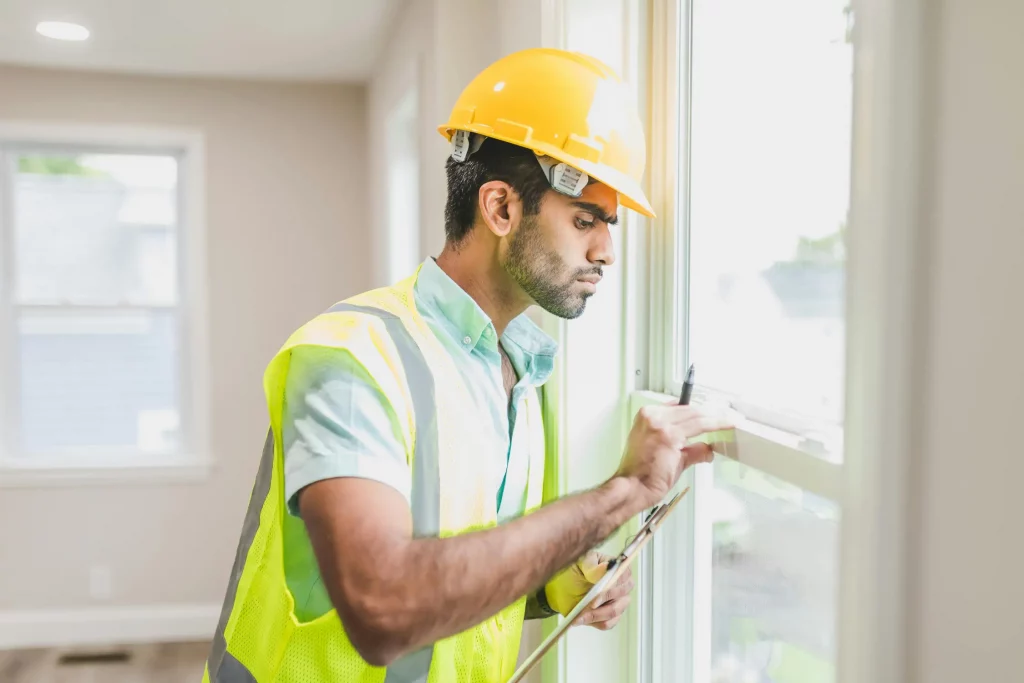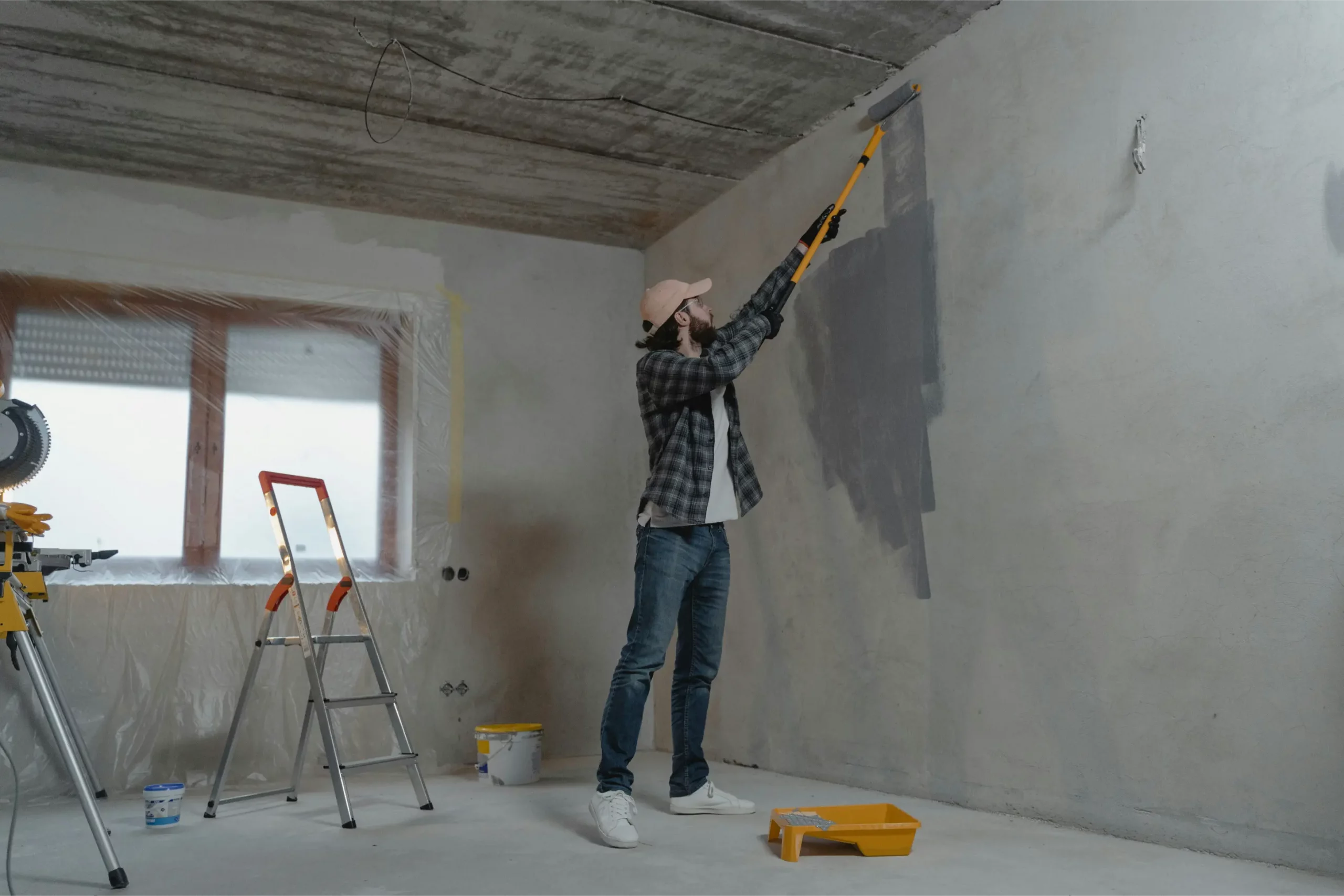
- Thorough Planning: Assess needs, set a budget, gather inspiration, and consult professionals for a solid foundation.
- Hiring Professionals: Select reputable contractors and designers, understand contracts, and ensure clear communication.
- Maximizing Space: Evaluate layout, optimize functionality, and incorporate innovative storage solutions for efficient use of space.
- Sustainable Design: Prioritize eco-friendly materials, energy-efficient appliances, and waste reduction for a greener renovation.
- Partner with reliable dumpster rental services for streamlined cleanup and compliance.
Embarking on a home renovation project is exciting but requires careful planning and strategic execution to achieve the desired results. This article delves into the essential aspects of renovating your home intelligently. From meticulous planning and hiring reputable professionals to maximizing space, incorporating sustainable design, and integrating intelligent technologies, this article offers valuable insights and practical tips to ensure a successful renovation journey. Whether renovating a single room or transforming your entire home, adopting intelligent strategies will help you navigate the process efficiently and achieve your renovation goals effectively.

Planning Phase
The planning phase is crucial in any home renovation project, laying the foundation for a successful outcome. Here’s a breakdown of essential considerations during this phase: Assessing renovation needs and goals: Begin by identifying the specific areas of your home that require renovation and defining your goals for the project. Whether updating outdated features, increasing functionality, or enhancing aesthetics, understanding your needs will guide the rest of the planning process.
Setting a Realistic Budget
Determine a budget that aligns with your renovation goals and financial resources. Consider materials, labor costs, permits, and unexpected expenses. It’s essential to be realistic about what you can afford to avoid overspending and potential financial strain during the project.
Researching and Gathering Inspiration
Explore various renovation ideas and styles to gather inspiration for your project. Browse home improvement websites, magazines, and social media platforms like Pinterest for design inspiration. Consider factors such as architectural styles, color schemes, and layout options that resonate with your taste and vision for your home.
Consult Professionals
During the planning phase, consulting with professionals such as architects, interior designers, or contractors is beneficial to gain insights and advice tailored to your specific project. By carefully assessing your renovation needs, setting a realistic budget, and gathering inspiration, you’ll lay a solid foundation for a successful home renovation journey. This proactive approach will streamline the rest of the process and increase the likelihood of achieving your desired results within your timeframe and budget constraints.
Hiring Professionals
Hiring reputable contractors and designers is crucial for the success of your home renovation project. Here’s what you need to consider when bringing professionals on board:
Hiring Reputable Contractors and Designers
Reputable professionals bring expertise, experience, and resources to your project, ensuring quality workmanship and timely completion. They can provide valuable insights, creative solutions, and guidance throughout the renovation process, ultimately delivering results that meet or exceed your expectations.
Selecting the Right Professionals
Start by researching and gathering recommendations from trusted sources such as friends, family, or online review platforms. Verify credentials, licenses, and certifications to ensure legitimacy and expertise. Interview multiple candidates to assess their communication style, responsiveness, and compatibility with your project vision. Ask for portfolios of past work to evaluate their design aesthetic and craftsmanship. Request references and follow up with previous clients to gauge satisfaction levels and project outcomes.
Understanding Contracts and Agreements
Before hiring professionals, review and understand all contracts and agreements thoroughly. Contracts should outline both parties’ project scope, timelines, payment schedules, and responsibilities. Pay attention to warranties, insurance coverage, and dispute resolution procedures. Seek clarification on any unclear terms or clauses and ensure you’re comfortable with all agreement aspects before signing. Consider consulting with a legal professional if needed to ensure your interests are protected.
Maximizing Space and Functionality
Maximizing space and functionality is key to making the most of your home renovation project. Begin by evaluating the existing layout and flow of your home. Identify any areas that feel cramped, inefficient, or underutilized. Consider how you currently use each space and whether it meets your needs and lifestyle. This assessment will help you identify areas for improvement and inform your renovation plans.
Optimize Space and Functionality
Once you’ve assessed the current layout, explore optimizing space and functionality strategies. This may involve reconfiguring room layouts, removing non-load-bearing walls to create open-concept spaces, or repurposing underutilized areas such as closets or alcoves. Consider multi-functional furniture and built-in storage solutions that serve dual purposes and maximize usable space. Additionally, explore options for improving natural light and airflow to enhance your home’s overall feel and functionality.
You should also work with a company offering reliable residential dumpster rental services. Working with the company streamlines waste management, ensuring efficient cleanup and compliance with regulations. With convenient disposal options and flexible sizing, renting a dumpster simplifies the renovation process, saving time and effort.
Smart Storage Solutions
Efficient storage is essential for maintaining a clutter-free and organized home. Incorporate intelligent storage solutions throughout your renovation project to maximize space and reduce visual clutter. This may include built-in shelving, under-stair storage, concealed cabinets, or modular storage systems that adapt to your changing needs. Consider incorporating storage solutions into unexpected areas such as staircases, walls, or even furniture pieces to make the most of every inch of space.

Sustainable and Energy-Efficient Design
Sustainable and energy-efficient design practices are becoming increasingly important in home renovation projects. Here’s why they matter and how to incorporate them into your renovation plans:
Sustainability in Renovation Projects
Sustainable renovation practices prioritize environmental responsibility, resource conservation, and long-term sustainability. By minimizing waste, reducing energy consumption, and choosing eco-friendly materials, homeowners can reduce their carbon footprint and contribute to a healthier planet.
Energy-Efficient Materials and Appliances
Choose energy-efficient materials and appliances that help reduce energy consumption and lower utility bills. You should opt for products with high Energy Star ratings, such as energy-efficient windows, doors, insulation, and HVAC systems. These products are designed to maximize energy efficiency, minimize heat loss, and enhance overall comfort in your home.
Reducing Environmental Impact
You can implement several strategies to reduce the environmental impact of your renovation project. Consider repurposing or salvaging materials from demolition to minimize waste and reduce the need for new resources. Choose sustainable materials such as bamboo, reclaimed wood, or recycled glass for flooring, countertops, and other finishes. Additionally, low-VOC (volatile organic compound) paints and finishes should be prioritized to improve indoor air quality and minimize harmful emissions.
In conclusion, embarking on a home renovation project requires careful planning and strategic execution to ensure success. Homeowners can effectively achieve their renovation goals by following smart strategies such as thorough planning, hiring reputable professionals, maximizing space and functionality, and incorporating sustainable design principles. Additionally, partnering with reliable residential dumpster rental services ensures efficient waste management throughout the project. These key considerations and tips help navigate the renovation journey smoothly, leading to a transformed and improved living space that meets aesthetic and functional needs. With diligence and attention to detail, a well-executed renovation can enhance your home’s comfort, value, and enjoyment for years to come.
